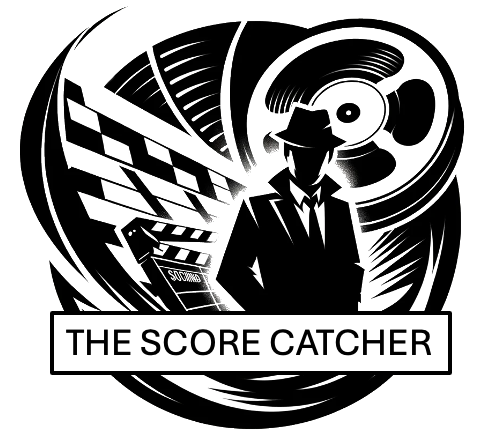Sunday, 5 Action, 9:00pm
Stargate (1994) is a fascinating anomaly in the sci-fi genre—a heady mix of ancient mythology, interstellar travel, and mid-'90s action-adventure tropes that feels both wildly ambitious and charmingly dated. Directed by Roland Emmerich (before he became Hollywood’s go-to guy for blowing up the White House), the film explores the discovery of an ancient alien portal in Egypt that connects Earth to another planet across the galaxy. What starts as an archaeological mystery soon shifts into a space opera, with a ragtag team of military personnel and scientists—including a perpetually confused but endearing James Spader—squaring off against Ra, an alien posing as an Egyptian god. It’s a bold premise, one that casually flirts with the idea that ancient civilizations were essentially pawns in a cosmic game of chess played by alien overlords.
The film’s score, composed by David Arnold, plays a huge role in elevating Stargate beyond its pulpy origins. Arnold, who later became a household name thanks to his work on the Bond films, delivers a soundtrack that oscillates between the grandeur of an epic adventure and the ominous undertones of an ancient mystery. The main theme is iconic—marching drums, soaring brass, and a sweeping melody that feels almost too epic for a film about a giant interdimensional hula hoop. It's no wonder that this score is often compared to John Williams' work on Star Wars or Jerry Goldsmith’s Star Trek: The Motion Picture. Arnold's music turns the dusty sands of Egypt into the battleground of gods and men, giving weight to the somewhat ludicrous notion that a group of soldiers in camo could take down a millennia-old alien deity with P90s and grenades.
Though Stargate spawned a sprawling TV universe—arguably better remembered than the film itself—the original movie remains a gem of mid-’90s sci-fi, filled with unpolished charm and a certain disregard for historical accuracy. (Sure, the Pyramids were built by alien slaves. Why not?) But it’s the combination of grandiose score, imaginative world-building, and that unmistakable blend of sci-fi and mythology that made Stargate a cult classic. Whether you're in it for the lore, the ludicrous action, or just to hear David Arnold’s epic compositions swell over a desert landscape, it’s a film that has endured far beyond its initial wormhole leap into the cultural consciousness.
Noel Chambers
